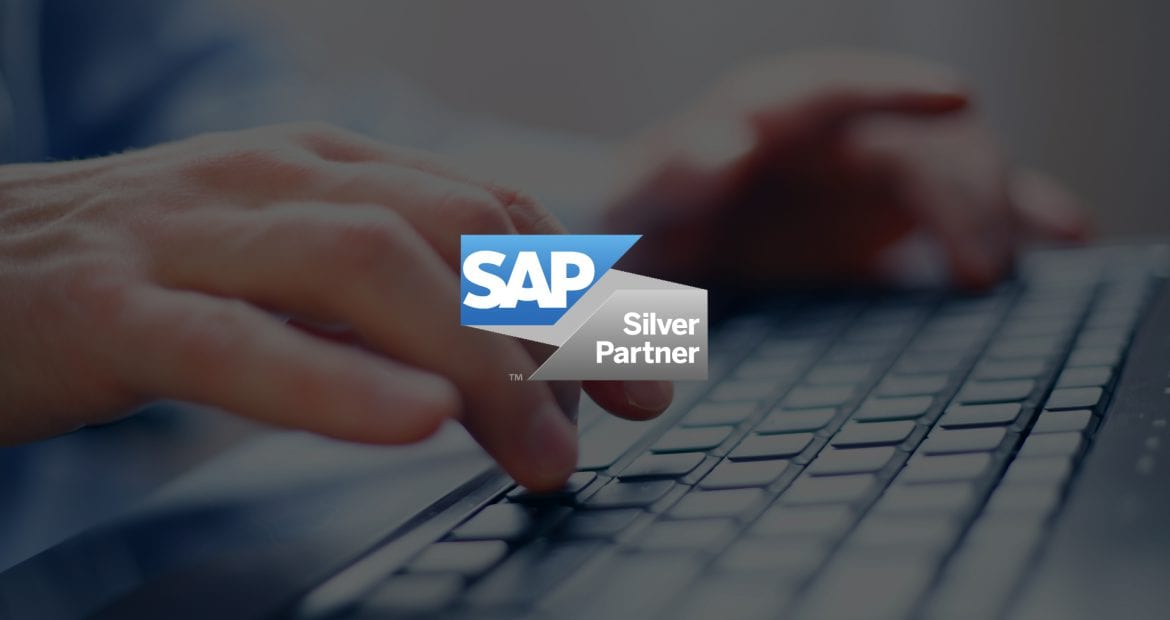
Supplier Diversity: How it Improves Business, and How it Works
By Parker Sproul Procurement No CommentsSupplier Diversity: How it Improves Business, and How it Works
Diverse spend is an ongoing goal for companies large and small alike. For government contractors and their subcontractors along the supply chain, the goal of supplier diversity can even stand as a requirement to doing business.
Exacerbating the search for diverse spend, suppliers often don’t even realize their potential to benefit from formal recognition of their diverse supplier qualities.
Supplier diversity can therefore feel like an onerous goal at times, imposed on supply chain professionals and business owners who already face manifold compliance requirements and boxes to check elsewhere.
Fortunately, in almost any industry, supplier diversity initiatives can be successful on both the buy and the supply sides with an all-encompassing approach that utilizes business intelligence, researches outside knowledge, and takes proactive measures. (You’ve already made a good first step coming to this page!)
The benefits of supplier diversity
Most large companies have been striving to increase supplier diversity for decades. But just what is a diverse supplier?
In the case of supplier diversity where the U.S. government is concerned, the OFCCP – Office of Federal Contract Compliance Programs – provides the following major small business subcontractor categories:
- Disadvantaged
- Woman-owned
- Veteran-owned
- Service-disabled veteran-owned
- HUBZone (Small Business Administration-designated “Historically Underutilized Business Zones”)
With the U.S. federal government requiring those contracting in excess of $700,000 ($1.5 million in construction) on a deal to pursue subcontract according to certain percentages with the above small business categories, it becomes crucial for these businesses to know their supplier bases inside and out.
There are other categories outside of or overlapping with the above, too, such as foreign businesses and National Institute for the Blind (NIB) or National Institute of Speech and Hearing (NISH) affiliate businesses.
Supplier diversity’s benefits are not limited to satisfying government contracting requirements. Having achieved supplier diversity – either as a buyer, or as an entrepreneur who has attained diverse certification (more on that below) – one’s business becomes more attractive to outside companies looking to improve diverse spend overall.
Moreover, from a marketing perspective, the potentially unique approaches of diverse suppliers can bolster a company’s ability to navigate the U.S.’s increasingly diverse demographics.
Identifying diverse suppliers
For many corporations, supplier diversity is nothing new. To illustrate, CVM Solutions found in a 2017 report that 75% of supplier diversity programs have been in place for more than 3 years. In the same survey, however, only 25% of supplier diversity professionals rated their programs as “very effective,” signaling a gap between those who knowwhat supplier diversity is and those who achieveit.
Of acute relevance to small and medium-size companies is to know how to demonstrate supplier diversity. Luckily, doing so is a relatively simple affair thanks to the existence of Supplier Diversity Certification.
Major national-level certifying agencies include the National Minority Supplier Development Council (NMSDC), Women’s Business Enterprise National Council (WBENC), and the U.S. Department of Transportation DBE Program, and the SBA Woman-Owned Small Business (WOSB) Program. Other major certifications exist, with even the state of Ohio operating its own Disadvantaged Business Enterprise (DBE) certification program.
Knowing about certifications is only half the battle. Suppliers may not realize the business benefits of certification, and their customers may not think to ask. Procurement supplier business surveys should always ask in plain terms about suppliers’ knowledge of diverse supplier certification beforeestablishing whether they have any! This simple question can save lots of time, money, and calories for all parties involved.
For small and medium businesses especially, the art of sourcing diverse spend can still seem excessively time-consuming, cost-intensive, or just overwhelming to approach. Easy-to-use tools exist to streamline this process.
Integrating diverse suppliers
Dun & Bradstreet (DNB) is meanwhile known for its deep supplier sourcing database, and assigning a D-U-N-S identification number is free for all businesses required to register with the U.S. Federal government for contracts or grants.
New networks and databases are cropping up to meet the unique demands supply chain professionals face, like in supplier diversity. Premikati Marketplace, an SAP Partner-Packaged Solution, enables diverse supplier sourcing with ease.
SAP Ariba is a major software suite that supply chain professionals use to drive all sorts of business decisions. Using SAP Ariba in a turnkey, in-browser navigation system, Premikati Marketplace connects suppliers (including diverse) with buyers. It is free for suppliers to set up, with no costs or fees to maintain.
With Premikati as a WBENC-certified woman-owned business, enhancing users’ supplier diversity connections is a key function of its Marketplace. New suppliers have the opportunity to connect with potential buyers, and potential buyers to new suppliers, thanks to the low barrier to entry design of the network.
From electronic requisition processing to supplier information queries, Premikati’s Marketplace solution is easily tailored to diverse supplier integration.
Every supply chain initiative poses unique opportunities and challenges, and supplier diversity efforts are no exception. For a more personal touch to your unique supply chain initiatives, contact Premikati’s experts for a real human’s ideas and insights on how you can improve supplier diversity and enhance other efficiencies in your company’s supply chain now.
About PREMIKATI
Founded in 2009, Premikati, Inc. is a WBENC certified woman-owned Supply Chain Business Process Outsourcing (BPO) firm, providing cost savings and financial, contractual and supplier risk mitigation services to purchasing organizations for mid and large enterprises while leveraging best-in-class purchasing processes and technology. Premikati has partnered with SAP and is one of only five companies globally to have been granted the most exclusive partnership level with SAP Ariba, as a BPO Partner.








